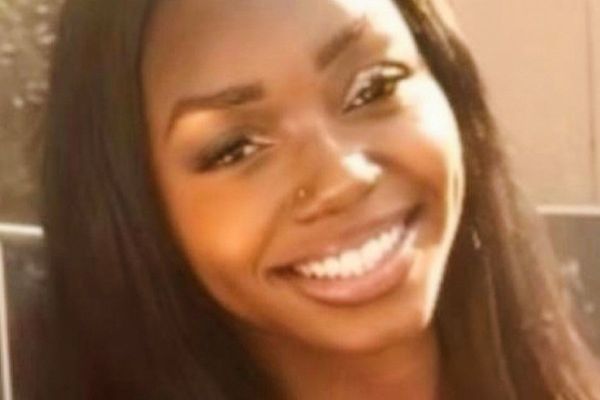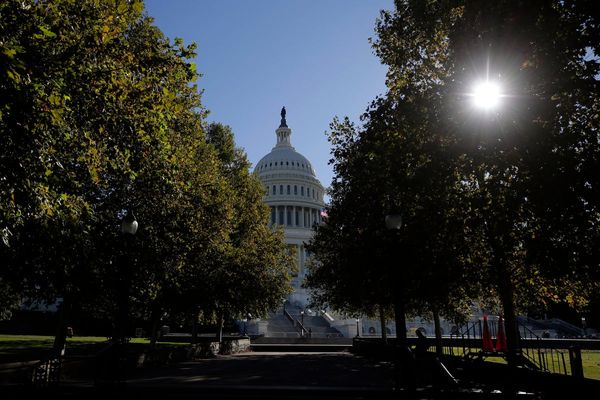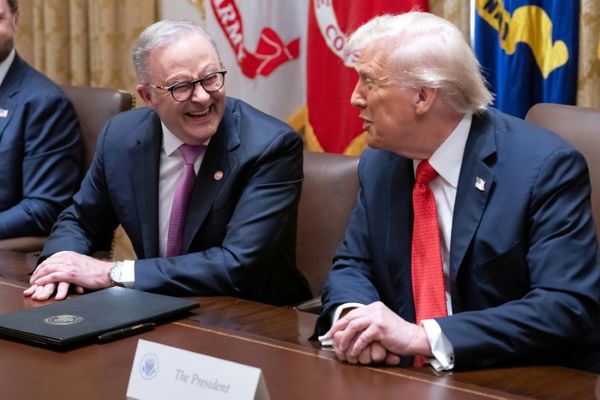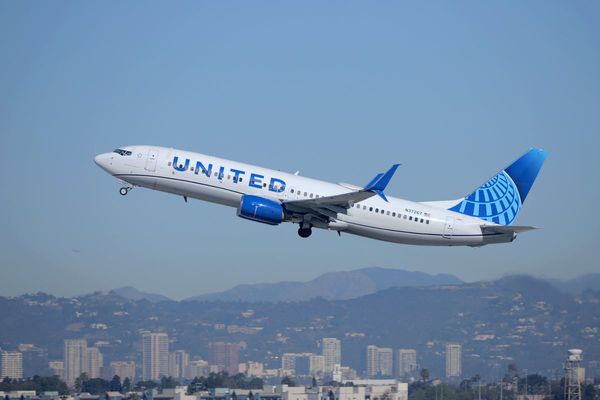Vice President JD Vance is expected to visit Israel this week as part of a push by the Trump administration for the implementation of the agreement to end the Gaza war, four Israeli officials and one U.S. official with knowledge of the plan said.
Why it matters: The implementation of the first phase of the deal was mostly successful with the release of 20 live Israeli hostages, close to 2000 Palestinian prisoners and detainees released, an initial Israeli withdrawal from large parts of Gaza and a ceasefire.
- At the same time, the deal is still extremely fragile and tensions have been growing over Israeli claims that Hamas has been slow-walking the return of the hostages' bodies.
- The situation on the ground is still highly volatile, with Hamas conducting deadly retaliations as it tries to restore its hold over parts of Gaza.
- And while initial work has begun on implementing the second phase of the deal, there are still many unknowns about the key questions of disarming Hamas and demilitarizing Gaza.
Driving the news: On Friday morning, U.S. officials told Axios that White House envoy Steve Witkoff was expected to travel to the Middle East on Sunday to follow up on the implementation of the deal to end the war.
- But on Friday night, the White House told the Israeli prime minister's office that Vance would be leading the U.S. delegation, Israeli officials said.
- On Saturday, the VP's office told the Israelis that Vance would arrive on Tuesday and stay until Thursday, two Israeli officials said.
- The Israeli officials said Vance's visit is a signal by the Trump administration that it wants to see the agreement fully implemented as fast as possible.
- Witkoff and Jared Kushner, Trump's son-in-law, are also expected to travel to Israel this week. They will participate in Vance's visit and continue working on the implementation of the deal, a U.S. official said.
- The vice president's office did not respond to requests for comment.
Zoom in: President Trump spoke on Thursday with Israeli Prime Minister Benjamin Netanyahu and discussed the situation in Gaza, the prime minister's office said.
- A senior Israeli official told Axios that Trump called Netanyahu during a meeting he had with his top security advisers about Hamas' refusal to return more bodies of hostages.
- The group returned only nine out of 28 bodies of dead hostages to Israel and claimed it needs to conduct search efforts to locate additional remains.
- The official said Netanyahu told Trump that Hamas is lying and asked that the U.S. and the other mediators press the group to return more bodies. The official told Axios that Israel believes Hamas is "holding between seven to ten bodies that it can return at any minute. They choose not to do it and are creating a crisis."
- Trump told Netanyahu he is aware of the problem and is working on it, the Israeli official said. The White House didn't respond to a request for comment.
- While Trump's advisers told Netanyahu and the families of the deceased hostages that the U.S. is committed to returning all of the bodies, the White House also stressed to Israel that this effort shouldn't delay the implementation of the next steps in the deal.
The latest: On Friday night, Hamas returned the body of an Israeli hostage, the tenth body to be recovered. The bodies of 18 Israeli hostages are still being held in Gaza.
The other side: In a statement issued Friday, Hamas called on deal mediators "to complete their role by following up on the implementation of the remaining provisions of the agreement," especially regarding humanitarian aid, the opening of the Rafah crossing and reconstruction of Gaza.
- Hamas also called for forming a "community support committee" made of independent figures that will act as a government in Gaza and for the Israeli military to complete its withdrawal from the enclave.
What to watch: Other than trying to push Hamas to return more bodies, the White House continues working on the creation of the international stabilization force (ISF) that, according to the Trump plan, is expected to deploy in parts of Gaza and allow the IDF to withdraw further.
- The U.S. also wants to begin the rebuilding process in parts of Gaza that are outside Hamas control, particularly the city of Rafah, which the Trump administration hopes can become an example for a post-Hamas Gaza.
Go deeper: All 20 surviving hostages freed by Hamas under Gaza peace deal
Editor's note: This story has been updated with additional information throughout.







